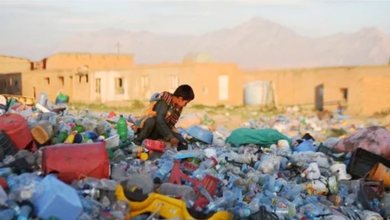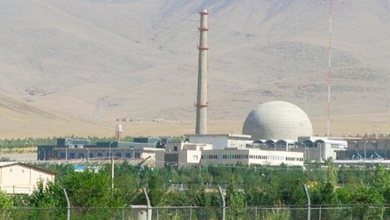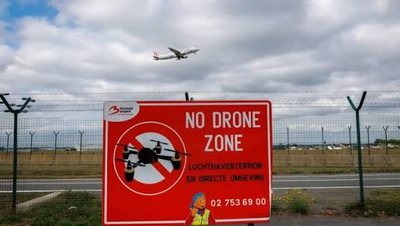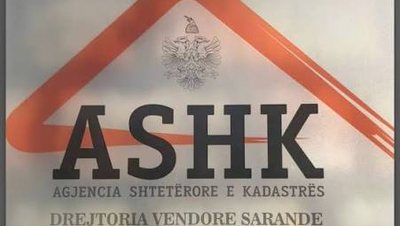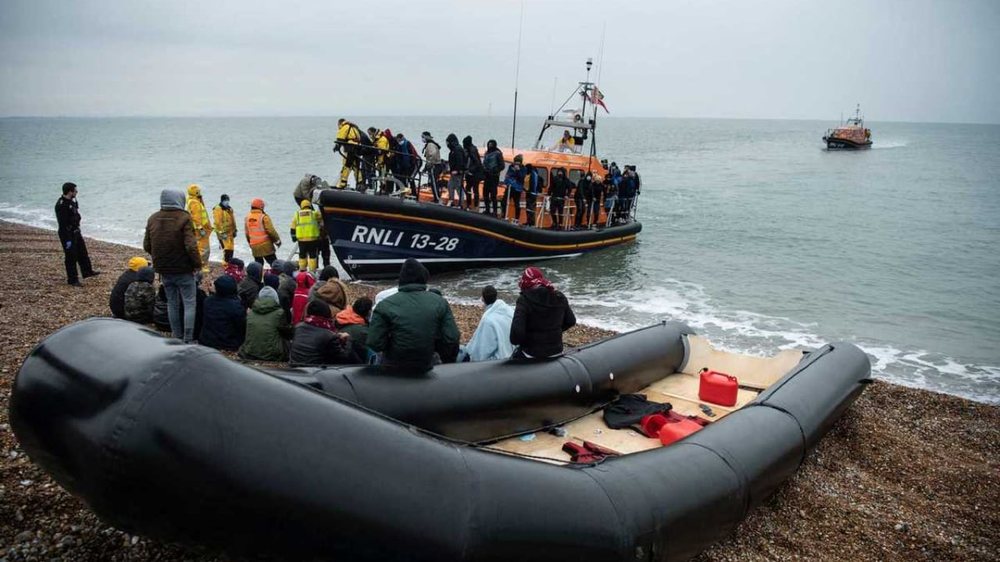
A deal between the United Kingdom and France to return migrants crossing the English Channel in small boats came into force today, the British Home Office said. The agreement is the result of negotiations between British Prime Minister Keir Starmer and French President Emmanuel Macron last month. The final text was signed by the two governments last week.
Under the deal, migrants who arrive on British shores and are deemed ineligible for asylum can be detained and returned to France. In return, the UK will accept an equal number of migrants from France, who will be able to apply for asylum through an online platform. Priority will be given to nationals from high-risk countries for trafficking and people with family ties in Britain.
According to official figures, more than 25,000 migrants have crossed the Channel in dinghies by the end of July this year – a record for this time of year. The British government has faced a significant increase in domestic tensions and protests, with demonstrations outside hotels housing asylum seekers in some cases escalating into violence. Prime Minister Starmer has stressed that the agreement represents a significant diplomatic achievement in efforts to manage borders and immigration.
However, the deal has sparked criticism on both sides of the Channel. Some French officials have called the scheme too favorable for Britain, while the far-right British party Reform UK, led by Nigel Farage, has deemed it insufficient for protecting national borders.
In a move to crack down on illegal immigration, the British government has announced that promoting dangerous Channel crossing routes on social media will be a criminal offence. The Border Security Bill, currently being considered by Parliament, foresees that individuals who advertise or encourage these illegal crossings could be punished with fines and up to five years in prison.
According to an analysis by the British Home Office, around 80% of migrants who arrived by small boats stated that they were guided through social networks throughout the crossing process.





